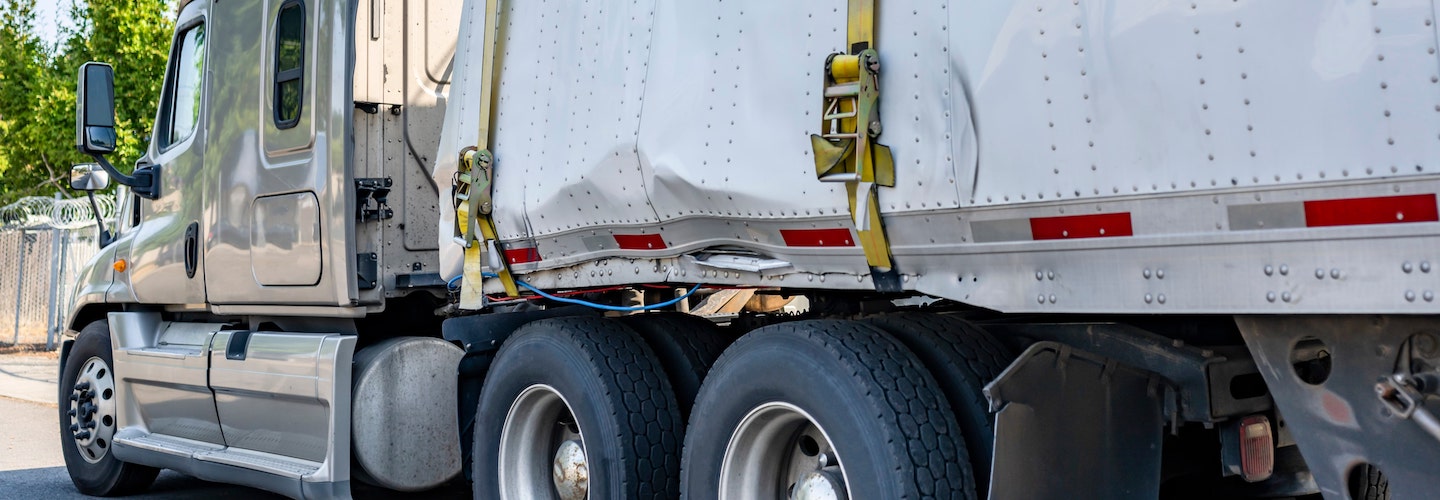Thousands of big rigs roll through Florida communities every day, delivering goods on a tight schedule. Tractor-trailers can weigh more than 80,000 pounds when loaded, which can make stopping quickly impossible. Typical passenger sedans weigh less than 4,000 pounds and use more fiberglass and plastic than steel. When collisions occur between these two types of vehicles, the results are often devastating. If you sustained injuries due to a crash with a semi-truck, you might have grounds for a claim.
According to Fleet Management Weekly, overloading occurs if the load exceeds the gross combined weight rating, which encompasses the cargo, truck, and trailer’s weight. Limited maneuverability makes handling a challenge in the most favorable conditions. When overloaded, the risk of the driver losing control increases.
Lower mechanical performance
It can take more than 500 feet for a truck to stop when moving at highway speeds. A rig’s braking distance increases when overloaded, making it uncertain whether the driver can avoid obstacles or unexpected traffic events ahead of them. Brake failure, tire blowouts and steering systems also occur more frequently when the cargo exceeds limits. A truck may roll or jackknife into oncoming traffic when unexpected failures occur.
Higher rollover risk
When cargo weight exceeds maximum limits, the truck driver can lose control around curves if the load shifts. Trailers are prone to tipping due to the height. Top-heavy cargo can move in high wind conditions, making it easier for the truck to roll onto its side in mid-turn. Rapid speed changes generate inertia, making it more difficult to maneuver and creating tremendous force. When the result of the force collides with another vehicle, it often causes catastrophic damage to people and property.













